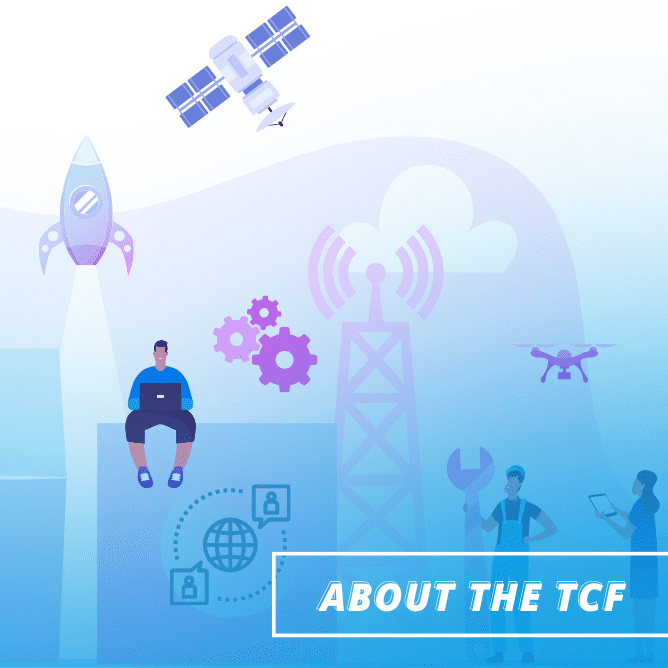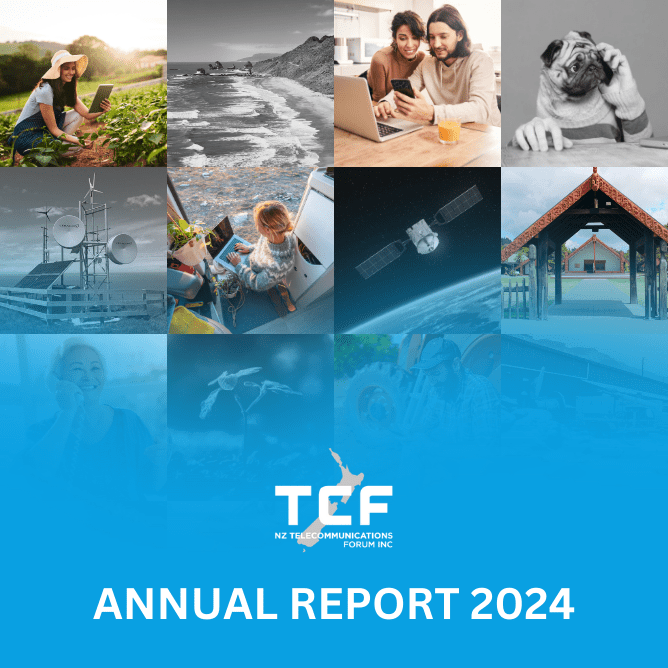The TCF has a number of workstreams underway to combat scams, which includes blocking scam calls, blocking and preventing scam SMS, and preventing fraudulent sim swaps and fraudulent number porting.
To streamline the notification and prompt blocking of scam callers, we created the Scam Calling Code in August 2018. The Code formalised a process among our members to notify each other of scam call incidents so they can be blocked across all New Zealand networks.
While the Code has been very successful in allowing the telecommunications industry to block scam calls quickly, we realised that people were also reporting scam calls to other organisations but that information wasn’t getting passed on to the industry for blocking.
In order to block as many scam calls as possible, we recently invited agencies that receive scam call information to sign up to the Code. CERT NZ, CFFC, Netsafe and IR have adopted the Code which enables them to send scam call information to the industry for blocking.
To tackle scam SMS, the Mobile Messaging Working Group (comprising mobile network operators and aggregators) is trialling a notification and blocking process similar to the successful system employed to block scam calls.
Fraudsters are gaining access to online banking details through scam calls. However, they need to obtain access to the Bank SMS one-time passcode in order to transfer funds to themselves. One way of intercepting the pass code is to swap the victim’s phone number to another device (known as a SIM swap) or fraudulently porting the number.
The Mobile Operators have altered their processes, where possible, to require consumers to visit a retail store to do a mobile SIM swap. This change has slowed down the number of fraudulent SIM swaps and mobile number porting.
The industry has now agreed that the centralised system used to manage the number porting process will automatically send a SMS to the number being ported to confirm with the owner that they want their number ported. This process will alert victims of fraudulent porting that their number is being transferred and allow them to stop the process.
Combating scams is challenging. The scammers are sophisticated and determined, and constantly find new ways of perpetrating their frauds. The telecommunications industry has taken the lead on action to prevent scams and will continue to work with stakeholders and respond to new techniques developed by fraudsters.
By Geoff Thorn, CEO, New Zealand Telecommunications Forum





















